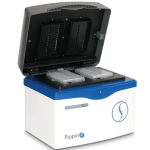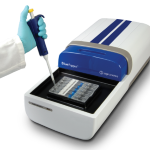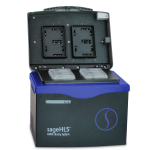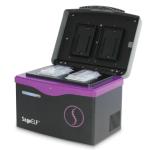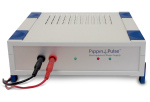A collaboration among scientists at Monsanto and Bayer Crop Science has demonstrated the use of next-generation sequencing and a new bioinformatics method for analyzing the genome sequence of crops that have been genetically modified.
Lead authors David Kovalic and Carl Garnaat published their findings in The Plant Genome journal in a paper entitled “The Use of NexGen Sequencing and Junction Sequence Analysis Bioinformatics to Achieve Molecular Characterization of Crops Improved Through Modern Biotechnology.” You can view the full text here [PDF].
The goal of the project was to evaluate the use of next-gen sequencing compared to Southern blots and targeted sequencing of PCR products, the current standard for providing a molecular characterization of GM crops for both internal research and regulatory approval. The team studied strains of soybeans, both modified and wild type, using the Illumina platform to generate more than 75x coverage. During sample prep, they used the Pippin Prep from Sage Science to select a library with an average insert size of 280 base pairs.
As they write in the introduction:
“The overall strategy for this new molecular characterization method is to produce DNA sequence fragments that comprehensively cover the entire genome of test and control plants (i.e., the GM event under investigation, and the parent line from which it was derived) and use bioinformatic tools to analyze these DNA fragments. These bioinformatic analyses establish the insert/copy number and the presence/absence of backbone sequences.”
On the analysis front, the team developed a new bioinformatics approach called Junction Sequence Analysis to detect and characterize “novel chimeric sequences resulting from insertions into the native genome,” the authors report. In their assessment of the results, they add that “the method presented is capable of detecting complex events including those with multiple T-DNAs and sequence rearrangements.”
The scientists conclude that next-gen sequencing paired with Junction Sequence Analysis offers results equivalent to those from Southern blots — with the added advantages of “the simplicity, efficiency and consistency of the method,” they report, noting that their sequencing and analysis pipeline “provides a viable alternative for efficiently and robustly achieving molecular characterization of GM crops.”
